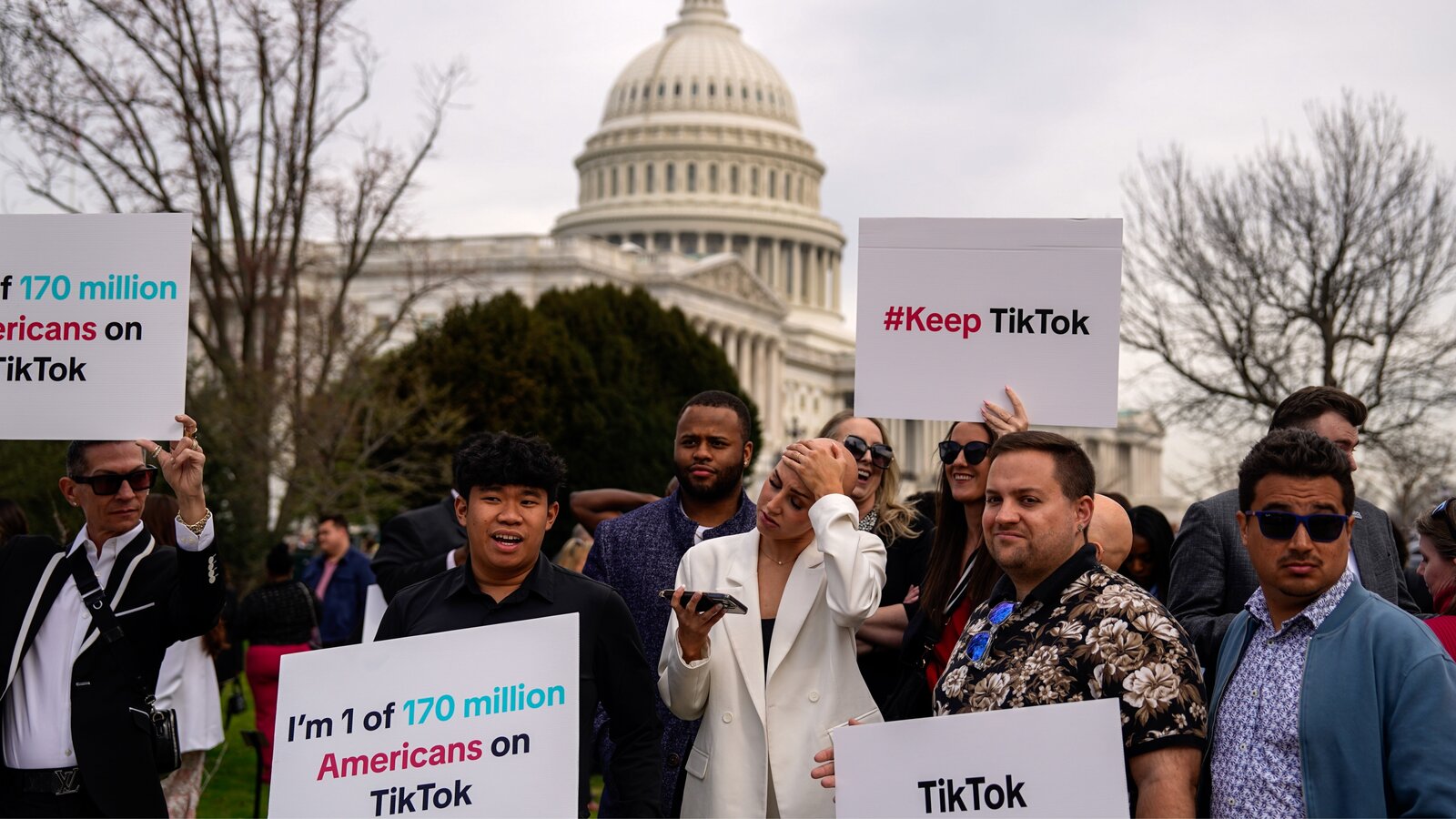The clock seems to be ticking for TikTok, the beloved app of Generation Z. The House of Representatives passed a bill on Wednesday, urging the owner of TikTok, ByteDance, to either sell the platform or face a ban in the US. While the fate of the bill in the Senate remains uncertain, the White House has expressed its support for the legislation, painting a grim picture for TikTok’s future.
Lawmakers argue that their aggressive stance against TikTok stems from national security concerns, citing ByteDance’s Chinese ownership as a potential threat. They fear that China could exploit user data and manipulate Americans through TikTok’s algorithm. However, it’s worth noting that a significant portion of ByteDance is owned by international investors, primarily American, as reported by the Financial Times.
Yet, model and activist Emily Ratajkowski has a different perspective. She suggests that the government’s eagerness to ban TikTok might be fueled by its emergence as a platform for progressive activism. Ratajkowski, addressing her substantial TikTok following, highlighted TikTok’s independence from direct US government or corporate control, allowing progressive movements to flourish.

Debating TikTok: National Security Threat or Haven for Progressive Activism? (Credits: The New York Times)
Indeed, TikTok has witnessed the rise of various progressive causes, including advocacy for Palestine. However, critics, including members of Congress and conservative activists, have lambasted the platform for allegedly favoring pro-Palestinian content.
Interestingly, these critics remain silent on similar biases in mainstream media coverage favoring Israel. TikTok has defended itself, asserting that its algorithm reflects the attitudes of its predominantly young user base, rather than exhibiting a specific bias.
Nevertheless, TikTok is not without its flaws. It has faced criticism for censoring LGBT content and collecting extensive user data. While concerns about TikTok’s influence are valid, they should prompt a broader conversation about regulating tech companies’ power and data practices across all platforms, rather than singling out one.
While TikTok may not inherently embody progressive values, it has undoubtedly served as a platform for progressive activism on various issues, from Palestine to LGBTQ+ rights. In an era where free speech faces increasing threats, banning TikTok represents a troubling encroachment on First Amendment rights, garnering bipartisan support for such a move.
In other news, actor Billy Baldwin stirred controversy with misogynistic tweets directed at Sharon Stone, while Judith Butler’s latest book challenges readers to confront authoritarianism’s threat to human rights. Additionally, Missouri’s law preventing divorce during pregnancy has sparked national outrage amid a broader spotlight on the state’s controversial policies.























